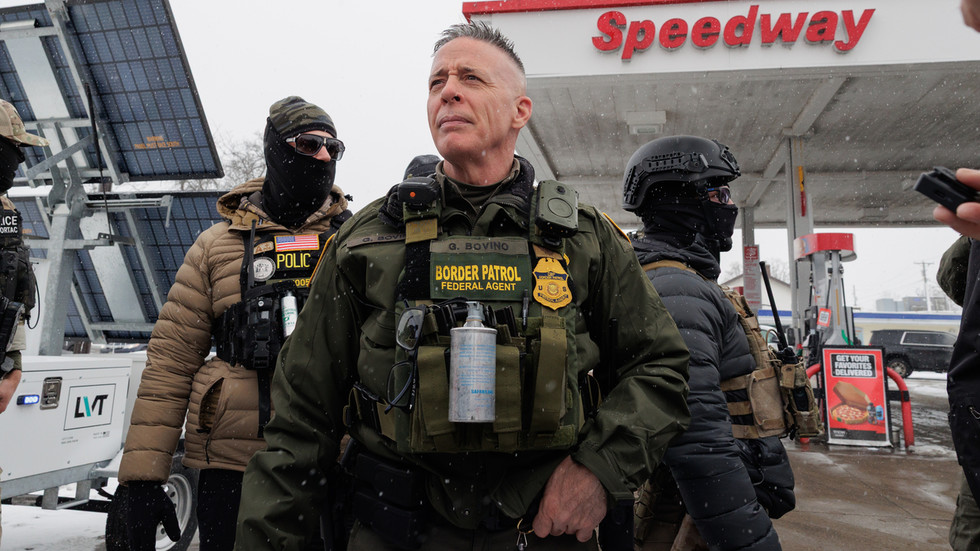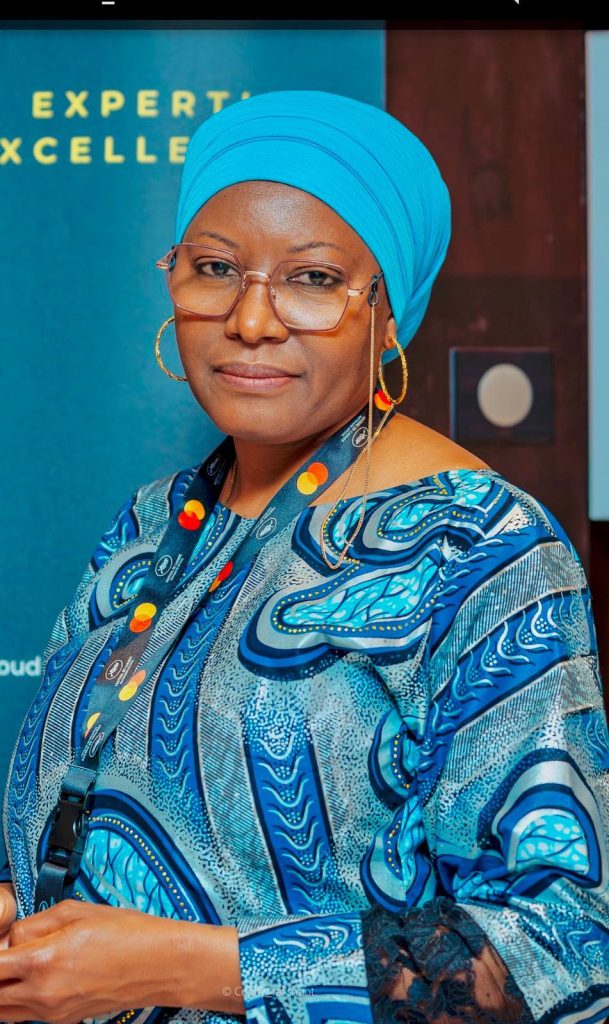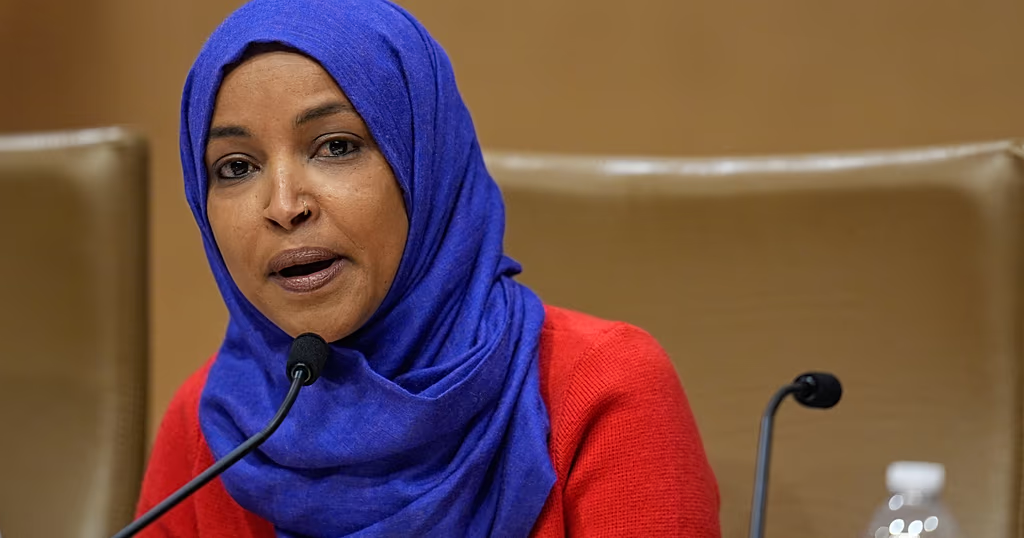South Africa’s bold decision to take Israel to the International Court of Justice (ICJ) on genocide charges has triggered a global whirlwind of reactions. While critics accuse South Africa of theatrics and political opportunism, supporters commend its principled stance. This pivotal move has positioned Pretoria at the heart of an international legal storm and will undoubtedly reshape its global relations.
Legally empowered by its status as a contracting party to the Genocide Convention, South Africa’s move underscores its unwavering support for the Palestinian cause. Minister of International Relations and Cooperation Naledi Pandor reiterated this, emphasizing South Africa’s historical resonance with struggles against oppression, occupation, and violence. This principled stance not only addresses legal violations but also resonates deeply with the country’s past.
By invoking the ICJ, South Africa is not only seeking a ruling on the alleged genocide in Gaza but also challenging the legitimacy and consistency of the international justice system. This signifies the case’s broader significance in spotlighting concerns about fairness and accountability within the global legal framework.
However, despite its commendable use of legitimate global legal channels, Pretoria’s foreign policy inconsistencies cannot be overlooked. Past instances, such as the failure to arrest former Sudanese president Omar al-Bashir and the ambiguous response to Russia’s invasion of Ukraine, raise questions about South Africa’s selective adherence to international law.
Moreover, the complex dynamics surrounding South Africa’s relationship with the International Criminal Court and its foreign policy missteps pose additional challenges. The country’s position amid the geopolitical complexities of the Middle East further complicates its pursuit of a normative approach to the Palestinian cause.
While Pretoria’s move has garnered support internationally, it has also drawn staunch opposition, particularly from major Western allies like the United States and Germany. As the ICJ’s ruling looms, South Africa faces the test of reconciling its stance with its relationships with influential nations that oppose the case.
The impending decision will necessitate a careful recalibration of South Africa’s foreign policy, regardless of the outcome. The country must exhibit clear and consistent positions on key players in the Middle East while navigating the intricate landscape of global geopolitics and security interests.
The world now awaits the ICJ’s ruling, viewing it as a critical juncture that will reshape South Africa’s future international relations. As the outcome unfolds, Pretoria’s next steps will be closely scrutinized, marking a defining moment for the country’s foreign policy on the global stage.



